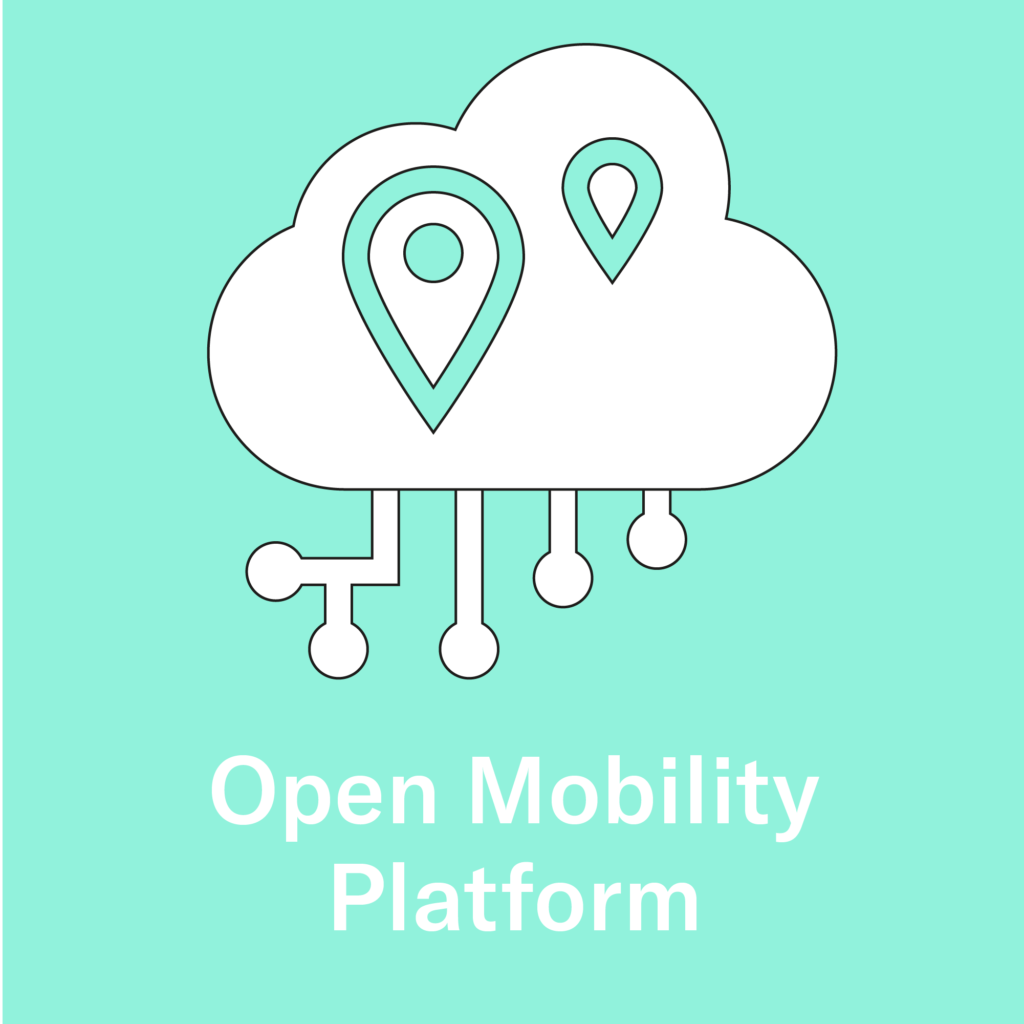It provides a seamless and personalized door-to-door journey and positive user experience regardless of travel mode. Open networked mobility platforms and services will be a key enabler for inciting transport behaviour change away from private car ownership towards shared and low emissions mobility formats.
MaaS platforms are currently achievable through public-private partnerships, as pilots implemented by research project consortiums, or products developed by technology or Software as a Service (SaaS) companies. The levels of openness and sustainability alignment vary considerably depending on the developer. Leaning towards complete openness is Smart MaaS, an emerging open source, standardised mobility service platform and reference architecture for new mobility services being developed by a consortium of German research institutes. [1] Mobility platforms will likely be driven by the private sector, ideally in partnership with other local stakeholders including governments in order to optimise synergies and create mutually beneficial data flows and infrastructure investment.
For sustainability and carbon reductions and to create “public value”, MaaS needs to be coupled with increases in public transport capacity and new public domain elements to enable electric vehicles and sharing or ride hailing. If led by a private sector service provider, a mobility platform might create an open marketplace, but it will not necessarily complement programs for sustainability and share data needed for better public transport planning and investment unless local governance requires it to, for example through policy measures. [2]
Best practice: [1] Smart Mobility as a Service Platform [2] Mobility as a Service: A Perspective on MaaS from Europe’s Transport Authorities
